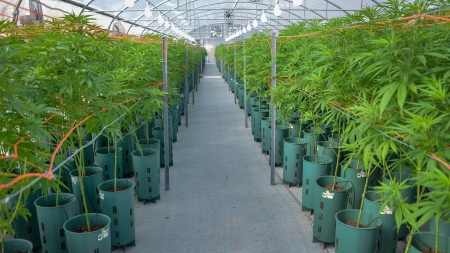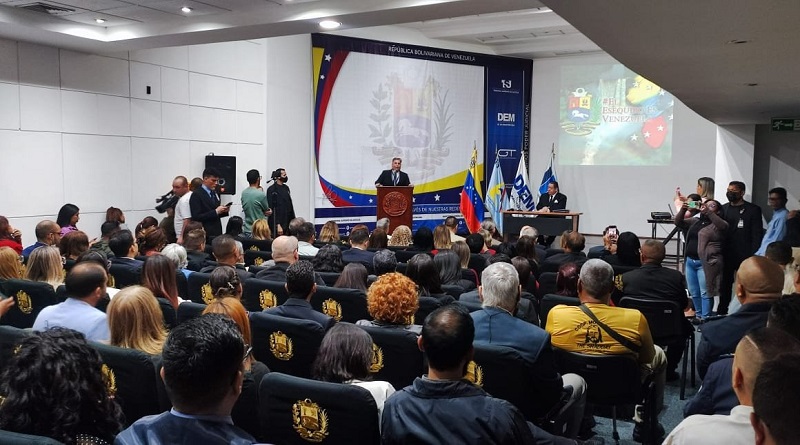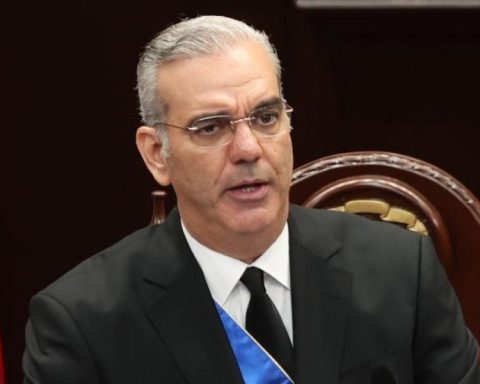The national government put into operation this Wednesday the Regulatory Agency for the Hemp Industry and Medicinal Cannabis (Ariccame), the inter-ministerial body that will be in charge of promoting public policies to regulate the use of medicinal and industrial cannabis throughout the country, a sector with a potential of more than US$ 500 million per year in sales and the generation of 10,000 jobs.
The National Cannabis Agency will regulate the chain of production, national commercialization and exploitation of the cannabis plant, its seed and its derivative products for medicinal use, by issuing licenses and qualifications to companies and organizations that meet the requirements demanded by current regulations.
It will be a decentralized body, under the orbit of the Ministry of Economy, that will articulate the actions with all the provinces and with the Federal Council for the Development of the Hemp and Medicinal Cannabis Industry.
The presentation was in charge of the Ministers of Economy, Sergio Massa; of Health, Carla Vizzotti; of Security, Aníbal Fernández; of Science, Technology and Productive Innovation, Daniel Filmus; the Secretary of Agriculture, Livestock and Fisheries, Juan José Bahillo; and the head of the Cannabis agency, Francisco Echarren.
“Starting the Agency means starting a new industry in Argentina. An industry that has 25,000 different applications. An industry that will allow us to add value in cosmetics, in textiles, in oil, in an innumerable number of economic sectors in Argentina and the world,” Massa said during the announcement.
In addition, the Minister of Economy emphasized that the Agency “It opens up the opportunity for Argentina to start following a new path in terms of the export industry from a huge global demand”.

“We already have in demands from industrialization projects and programs to programs linked to the agro-industrial at the Ministry of Agriculture. All this must be transformed into an industry that generates work, exports to Argentina and that generates value”, he added.
There are currently 45 cannabis development projects in Argentina that will generate 5,000 jobs in the first year of implementation and will boost regional economies, according to official estimates.
In this sense, the cannabis industry could create some 10,000 new jobs in the next ten years in Argentina, US$500 million in sales to the domestic market and US$50 million in exports, according to projections last year of the then Ministry of Productive Development.
For its part, Filmus pointed out that the Agency “It is an initiative that represents the struggle of many families and that is also given thanks to the work of more than 400 researchers from CONICET and the universities that investigate this topic”.
“The network generated, in difficult moments in which the subject was not well regarded, very important investigations. Now there are more than 40 research centers that are specifically dedicated to the study of cannabis, from biotechnology to different areas of health”, stated Filmus.
LAUNCH OF THE NATIONAL CANNABIS AGENCY
It will be presented by the Minister of Economy @SergioMassa with their health peers @CarlaVizzottiSecurity @FernandezAnibal and Science @FilmusDaniel.
Live stream ?https://t.co/BHEBktkYkf
– Ministry of Economy of the Nation (@Economia_Ar) January 25, 2023
While, Vizzotti, emphasized that the implementation of the Agency “will promote access, equity and quality of the entire therapeutic area in relation to health”, such as the creation of the category of cannabis-based plant products for their medicinal use and application; work to promote access to medical cannabis through the REMEDIAR program; public production of medical cannabis; and the advances for the incorporation of cannabis into the Argentine Food Code.
The Agency -which was put into operation with the designation of authorities through Decree 30/2023- It will contain the entire productive chain of hemp and cannabis for medicinal and industrial use, import, export, cultivation, production, industrial, manufacturing and marketing, and will promote scientific research and the generation of knowledge articulated with National Universities, Science and Technology Organizations, and NGOs.


















